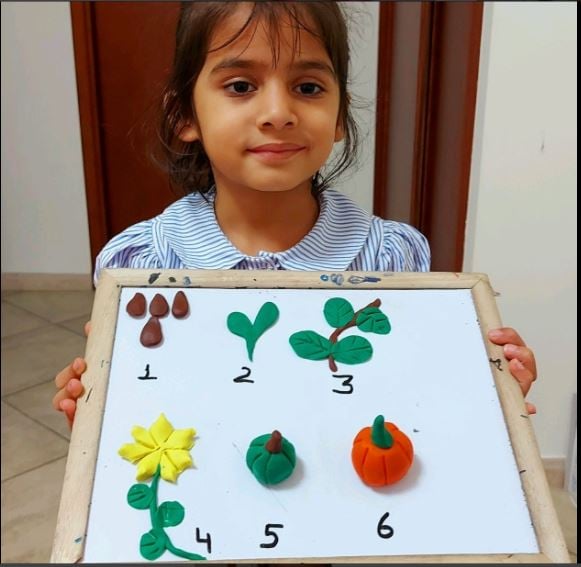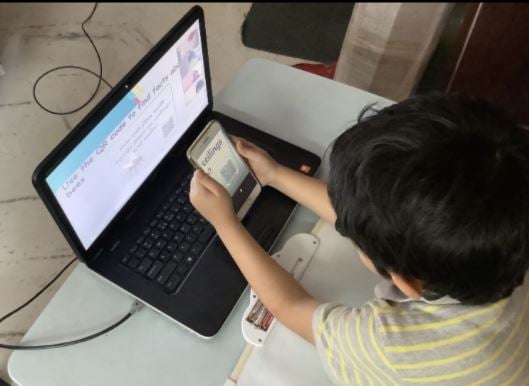There is no doubt that the COVID-19 pandemic has led to the largest disruption of education ever. It will be impossible to talk about the future of education without delving into how the pandemic has reshaped the education landscape. The teaching community has bravely responded to the challenges posed by the pandemic. Every aspect of teaching and learning changed overnight. The shift from classrooms to computer screens not withstanding, all aspects of basic schooling was tested including attendance, instructional model, role of technology and the human connection. This big shift will be a catalyst in terms of how education will evolve in the future. The pandemic provides us with an opportunity to introspect and ask ourselves, how do we want the schools to look like from a ‘new normal’ perspective and more importantly how do we build back better?
Role of assessments
Schools are now increasingly reviewing the role of assessments. With the current assessment system more or less dismantled as a result of the pandemic, there is an opportunity to take a step back and reassess the existing system. Schools have started debating about the purpose of the assessments and accountability within the education system. There is an increasing recognition of the need to balance high academic standards with wider skills that young people need to thrive in life.

Changes in the traditional teaching model
There is a growing agreement and understanding that there is an urgent need for increased focus on individual students’ needs rather than having a presumption that all students are at the same level of understanding. This approach is more activity-based when it comes to questioning, explaining, demonstration and collaboration techniques. This enables the students to develop their critical thinking, problem solving and decision-making skills in a more independent manner. Modern means of learning encourage students to be collaborative and more productive. Educators are also introducing younger students to online testing, smart boards and personal tablet computers and making these systems a part of students’ scholastic routine.
It has been researched that software-based special lesson plans help students improve in their weak areas. Thus, providing a specialized lesson plan will enable the students to meet their needs.
Is a classroom the only place for teaching and learning?
There is no doubt that the pandemic has completely changed where and how teaching and learning takes place. It has also shifted the limelight on the significant role technology can play in teaching and learning, as well as the greater role parents can play in their children’s education. There could be a bigger role for technology in education – both inside and outside the classroom – after the pandemic. Prior to the pandemic, many experts and teachers were sceptical of the potential for digital technology to support learning. However, qualitative research suggests that the experience of the pandemic has catalysed a re-evaluation of the role that technology could play in teaching and learning. This is because more schools have seen the potential for technology to enable better learning.

The pandemic has also fundamentally shifted who is involved in education, with parents taking a bigger role. Formal learning primarily involves students and teachers. Before the pandemic, parent involvement was largely confined to attending parents’ evenings, engaging in end-of-term reports and providing support with learning at home throughout the year. The pandemic fundamentally changed this, with children at home during lockdown and parents, on the whole, taking a much greater role in shaping what, when and how their children learned. Studies have indicated that many parents would like a more active role in their children’s education. This should be embraced since studies suggest that increased parental engagement will lead to better outcomes.
Finally, Covid-19 has resulted in an unprecedented disruption to schools and learners. However, the pandemic can also be seen as an opportunity to ‘build back better’. We can use this as a moment to ‘reset’ our system and address some of the longstanding weaknesses that pre-date the pandemic. Hence it will not be an exaggeration to conclude that the future of education is well and truly here.





